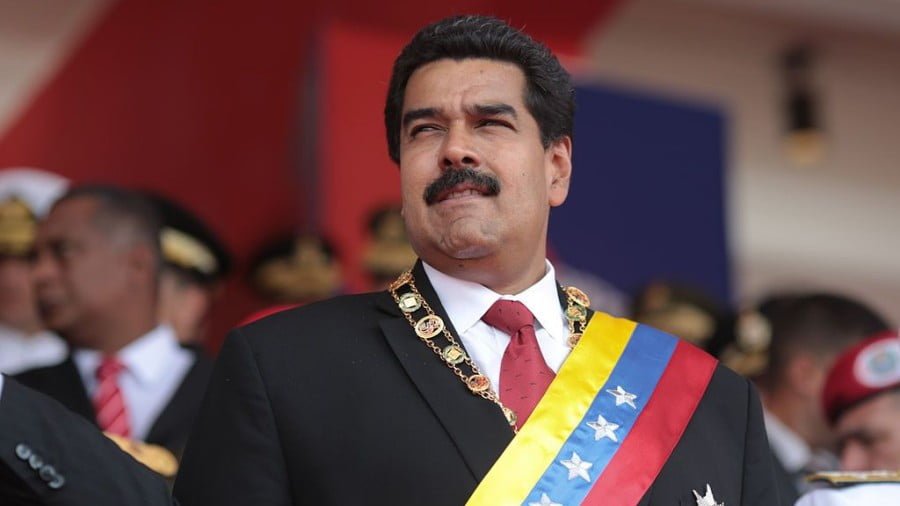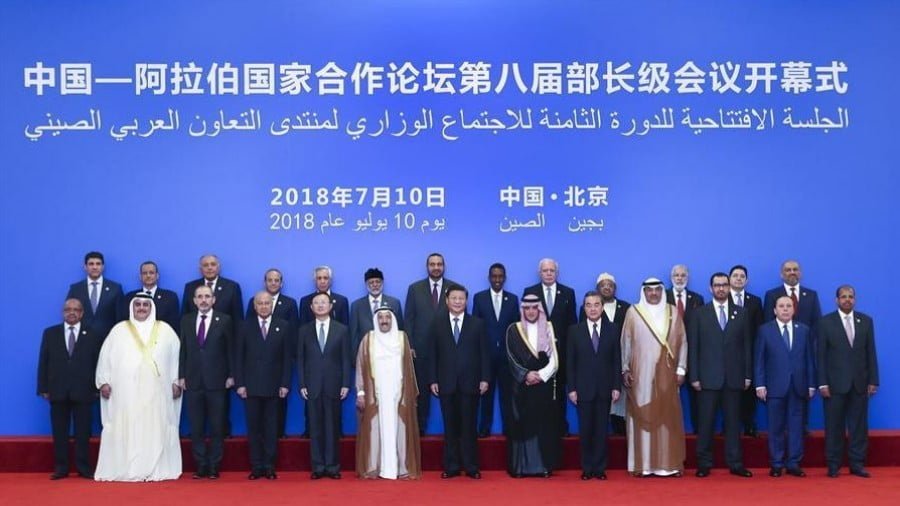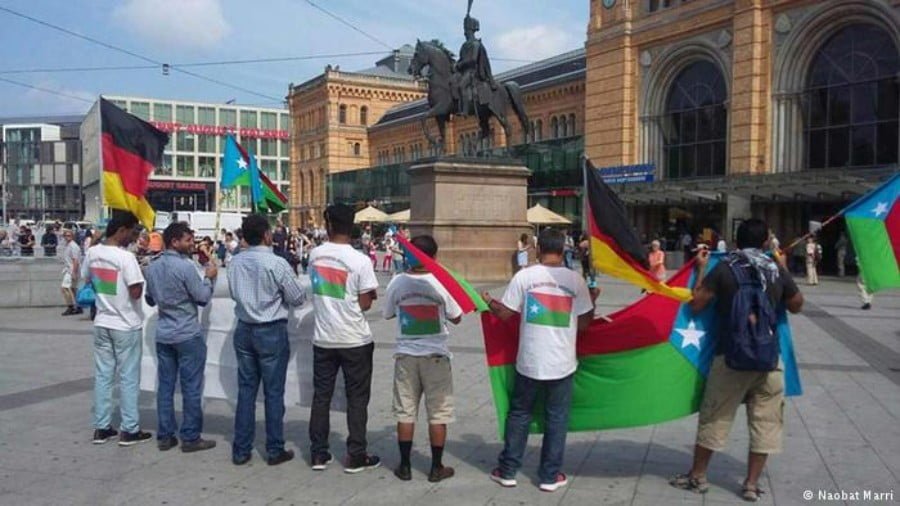Several Observations About Bolivia’s Socialist Blowout
All reports indicate that Movement for Socialism (MAS by its Spanish abbreviation) candidate Luis Arce trounced his opponents in Bolivia’s first presidential election since last year’s coup against former President Morales, from which several significant observations can be made about why this development happened in the first place and what it means for the country’s future.
Bolivia’s Socialist Blowout
The political consequences of last year’s coup against former Bolivian President Morales have been reversed following reports that his Movement for Socialism (MAS by its Spanish abbreviation) party’s candidate Luis Arce trounced his opponents in the first election since that successful regime change operation. Several observations can be made about the country’s socialist blowout, both in terms of why this development happened in the first place and what it means for the country’s future. What follows is a list of summarized points accompanied by a concise explanation of their significance. The purpose is to better understand this democratic reversal of Bolivia’s pro-US regime change in the hopes that it might inspire simliar successes elsewhere across the world:
* As Surprising As It Sounds, The Election Was Free & Fair:
Arce couldn’t have won had the election not been free and fair, which is surprising since many observers predicted that the coup authorities would defraud the vote in order to remain in power. This raises questions about why they didn’t do so, which brings the analysis to its next point.
* Defrauding The Vote Might Have Triggered A Civil War:
The Bolivian people briefly rose up against the coup authorities but were savagely forced into submission since they lacked the military means to successfully reverse the regime change by force. Nevertheless, they had the intervening time to prepare for how they’d react to a fraudulent election, which might have led to civil war.
* The Bolivian Military Isn’t As Strong As Its Supporters Thought:
Latin American history is ripe with examples of US-backed militaries clinging to power for decades, yet the Bolivian one seemed unprepared for the scenario of civil war that might have been triggered had they defrauded the vote. It’s unclear why this is, but it’s a curious observation to ponder nonetheless.
* The Threat Of Peaceful Revolts Was An Effective Anti-Fraud Deterrent:
Admittedly speculating a bit, it might have been that the military wasn’t confident in its ability to adequately respond to national strikes, slowdowns, and other such peaceful revolts that might have exploded across the country if they defrauded the vote. This testifies to how effective even the threat of such tactics can be.
* The Anti-Socialists Failed To Unite Behind A Single Candidate:
Competing oligarchic interests in the anti-socialist camp were responsible for its forces failing to unite behind a single candidate. Had they done so, then the election might have gone to a second round, after which they could have potentially defraud the vote in a seemingly more “credible” way if they were desperate enough.
* The 2019 Coup Was Truly Against The Will Of The People:
Most of the Bolivian people were against the 2019 coup, as proven by the simple fact that they voted so overwhelmingly in support of President Morales’ preferred candidate. The coup authorities might have underestimated pro-socialist grassroots sentiment when they opted to hold genuinely free and fair elections.
* Morales Presided Over An Economic Miracle:
Former President Morales was so popular because his model of resource-funded socialism enabled him to preside over an economic miracle that greatly improved the living standards of the majority of his compatriots. Many people the world over vote based on economic issues, and MAS’ socialism has genuine support.
* Mainstream Media Fearmongering About Socialism Is Insincere:
Many Mainstream Media outlets fearmonger about socialism by portraying it as the path to a country’s destruction, yet states whose economies have collapsed such as Venezuela’s suffered because of external meddling, not systemic flaws. The same is true for Bolivia, which should make observers reconsider their views.
* Bolivia Should Brace Itself For Another Counterrevolution:
It’s extremely unlikely that the anti-socialists will peacefully accept their country’s return to socialism, hence why Bolivia should brace itself for another counterrevolution. It might not lead to a coup or violence, but there are other means such as oligarchic-backed regional separatism that could impede their united socialist future.
* The US’ Response Is Uncertain Since This Is Uncharted Territory:
To the best of the author’s knowledge, this might be the first time that a US-backed coup in Latin America was democratically reversed a year after its initial success. This is therefore uncharted territory and it’s unclear how Washington will respond to this unexpected setback. It might be pragmatic, or it could also be problematic too.
——————–
The democratic reversal of last year’s US-backed regime change operation in Bolivia is an epochal moment for South America, the Western Hemisphere as a whole, and even the entire “Global South” if one really thinks about it. Not all the lessons that can be learned from this experience might be applicable to other related situations, but the insight might hopefully be able to inspire creative solutions for repeating this success elsewhere. There’s no guarantee that Bolivia’s return to socialism will be peaceful or smooth, but for now at least, its people and their supporters abroad can celebrate an unexpected victory against the US which gave Trump a bloody nose on the foreign policy front just two weeks before he’s up for re-election.







